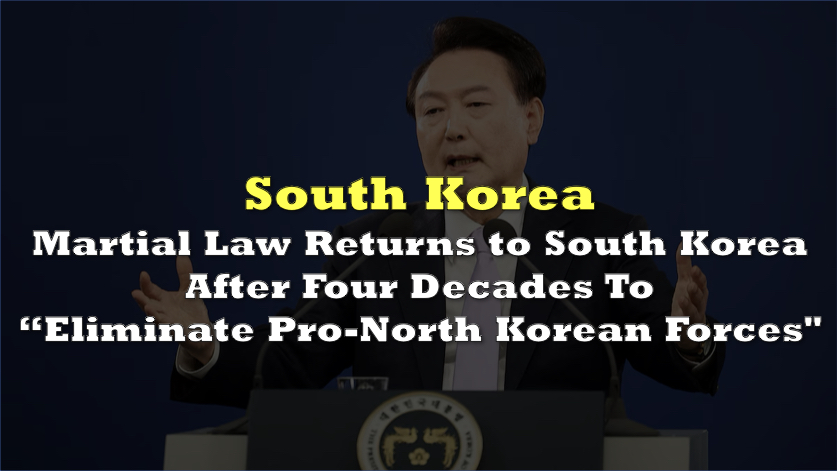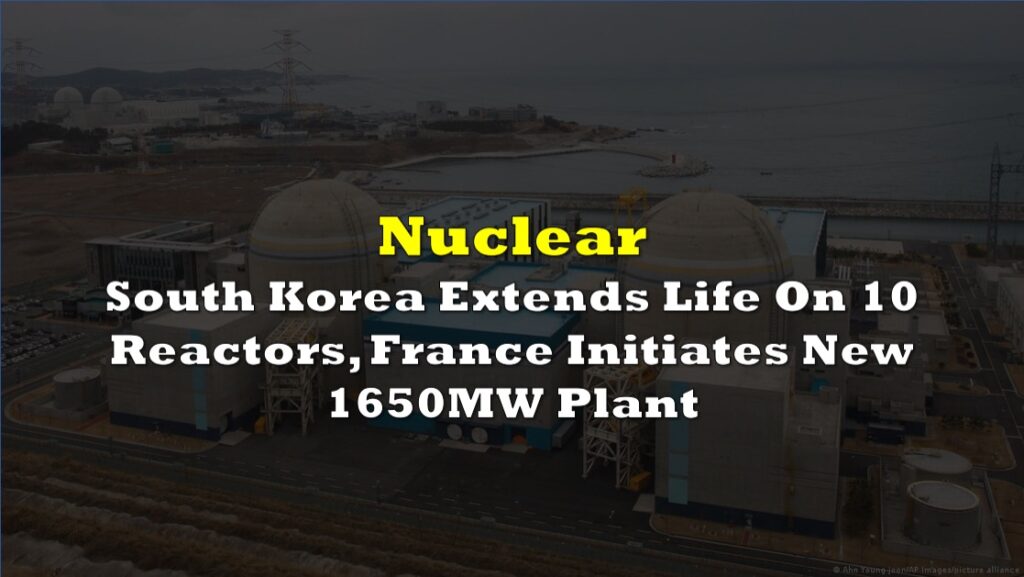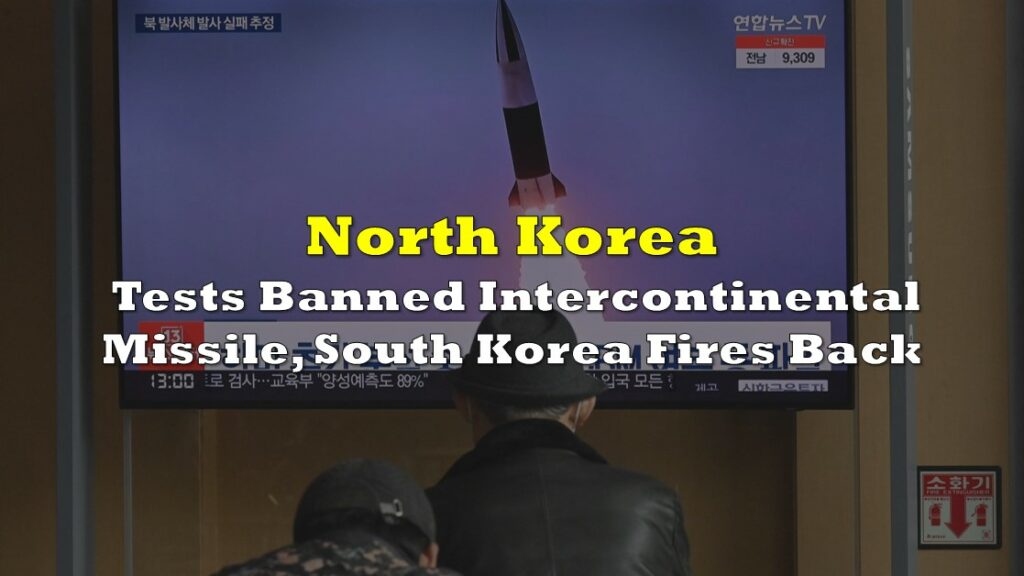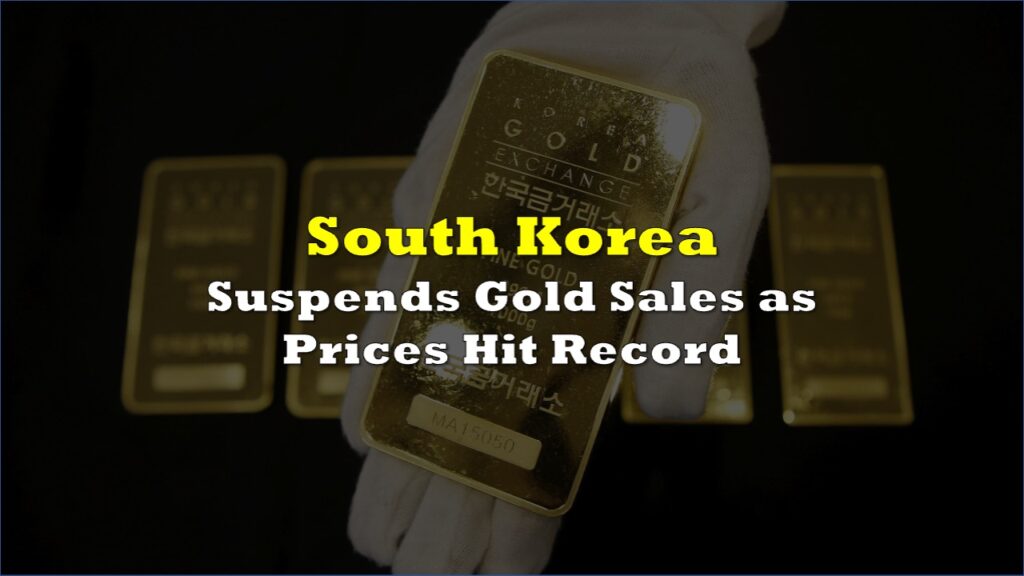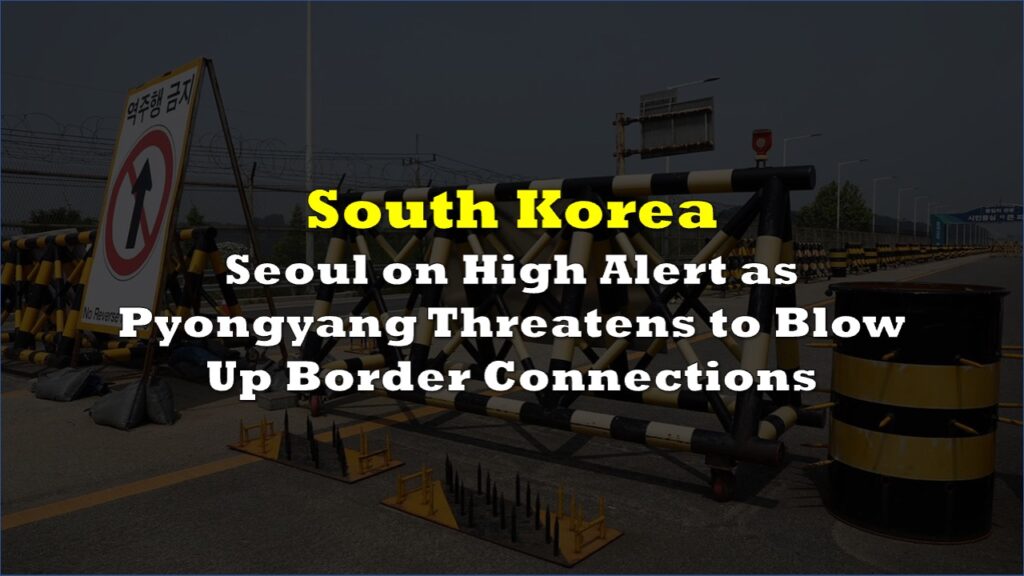For the first time in over four decades, South Korea has been placed under martial law. In a shocking televised address late Tuesday, President Yoon Suk Yeol announced the sweeping measure, citing the need to root out “pro-North Korean, anti-state forces” that he claims are paralyzing the government and threatening the country’s stability.
The announcement has sent ripples across the nation and reignited fears of authoritarianism in a country that has worked tirelessly to build a democratic system after decades of military rule.
In his address, Yoon accused the opposition Democratic Party, which holds a majority in the National Assembly, of undermining South Korea’s constitutional order. Yoon alleged that the opposition’s recent actions—including motions to impeach top prosecutors and block key budget proposals—amounted to rebellion.
He framed the imposition of martial law as an act of last resort to protect the nation’s democratic integrity.
“To safeguard a liberal South Korea from the threats posed by North Korea’s communist forces and to eliminate anti-state elements, I hereby declare emergency martial law,” Yoon declared. “We must eliminate these shameless pro-North Korean forces to restore the nation’s normalcy.”
Details of the martial law proclamation reveal sweeping restrictions:
- All parliamentary activities, political party operations, and demonstrations have been banned. Lawmakers reportedly found themselves barred from entering the National Assembly.
- The Martial Law Command announced that all media outlets and publishers would be placed under government oversight to prevent the dissemination of “false propaganda.”
- Labor strikes and public gatherings deemed as threats to public order were declared illegal.
- Violators of the proclamation risk arrest, detention, and searches without judicial approval.
General Park An-soo, head of the Martial Law Command, warned that non-compliance would be met with severe consequences, including the suspension of civil liberties for those resisting the directive.
The proclamation, however, has had immediate and dramatic consequences. Security forces have blocked access to the National Assembly, effectively suspending legislative activities. Lawmakers from the Democratic Party reported being turned away at parliament’s gates, a move they called unconstitutional. Simultaneously, the Martial Law Command announced that all media and publishers would now fall under government control to prevent what it termed “false propaganda.” Protest gatherings, labor strikes, and other forms of political expression were also outlawed, with violators subject to arrest without warrants.
Martial Law in South Korea
Martial law has a fraught history in South Korea, tied to some of the darkest chapters in the nation’s struggle for democracy. It was last declared in 1980 under former President Chun Doo-hwan, whose regime used it to suppress political dissent. The expansion of martial law at the time led to the infamous Gwangju Uprising, where citizens protesting military rule were met with brutal violence, resulting in hundreds of deaths.
The scars from that era run deep in South Korean society, and Yoon’s declaration has reignited memories of authoritarian oppression. Before that, martial law was invoked in 1979 after the assassination of former President Park Chung-hee, a military strongman who had ruled the country for 18 years. While Park’s martial law aimed to maintain stability during a leadership vacuum, Chun’s use of martial law in 1980 was widely condemned as a power grab.
South Korea’s democratic reforms in 1987 were meant to ensure such measures could not be used arbitrarily again. The constitution was revised to restrict the conditions under which martial law could be declared, requiring clear and present threats to national security. Critics now question whether President Yoon’s declaration meets those criteria.
Yoon’s decision comes against the backdrop of escalating political tension. His conservative People Power Party has struggled to pass legislation in an opposition-controlled parliament. The Democratic Party has been relentless in pursuing corruption investigations against Yoon’s administration, including allegations involving his wife and close aides. Yoon, in turn, has accused the opposition of weaponizing parliamentary procedures to block governance.
While Yoon has not provided direct evidence linking the opposition to North Korea, his rhetoric has invoked Cold War-era fears of communist infiltration. Such tactics, while resonating with older conservative voters, have alienated younger generations who grew up in a more liberal and globally connected South Korea.
Reactions
The announcement has drawn condemnation from both domestic and international observers. Opposition leader Lee Jae-myung called the declaration “illegal and unconstitutional” and “a betrayal of the democratic principles our nation stands for” and urged citizens to resist.
“Tanks, armored vehicles, and soldiers with guns will now rule this country,” Lee warned in a livestream. “The economy of the Republic of Korea will collapse irretrievably if this continues.”
Even members of Yoon’s conservative bloc have expressed reservations. Han Dong-hoon, a prominent figure in the People Power Party, publicly criticized the move as “misguided” and vowed to work with the people to overturn it.
Protests have erupted in several cities, despite restrictions. Thousands gathered in central Seoul to denounce the government’s actions, chanting slogans in defense of democracy. Police responded with barricades and heavy surveillance, though no major confrontations were reported as of Wednesday morning.
The declaration has also shaken South Korea’s financial markets. The Korean won plunged against the U.S. dollar, reflecting investor anxiety. Business leaders have expressed concern that prolonged instability could damage South Korea’s economic recovery, which has already been under pressure from slowing exports and global economic uncertainty.
Yoon’s martial law declaration has raised eyebrows abroad, particularly in Washington, where the U.S. maintains a significant military presence to deter North Korean aggression. The White House has yet to issue a formal statement, but the presence of 28,500 U.S. troops in South Korea underscores the potential implications for regional security.
North Korea, meanwhile, has remained silent. Experts suggest Pyongyang may see the internal discord as an opportunity to exploit South Korea’s vulnerabilities, though it is unclear how the regime will respond.
Japan and other regional powers have expressed concern, urging the South Korean government to uphold democratic principles. “Stability in South Korea is critical for the security of the region,” a Japanese government spokesperson said.
Critics argue Yoon’s decision may be a strategic move to consolidate power amid declining approval ratings. Since his election in 2022, Yoon has struggled to navigate an opposition-dominated parliament, facing legislative roadblocks and allegations of corruption within his administration.
Information for this briefing was found via CNN, Al Jazeera, AP News, Reuters, and the sources mentioned. The author has no securities or affiliations related to this organization. Not a recommendation to buy or sell. Always do additional research and consult a professional before purchasing a security. The author holds no licenses.

